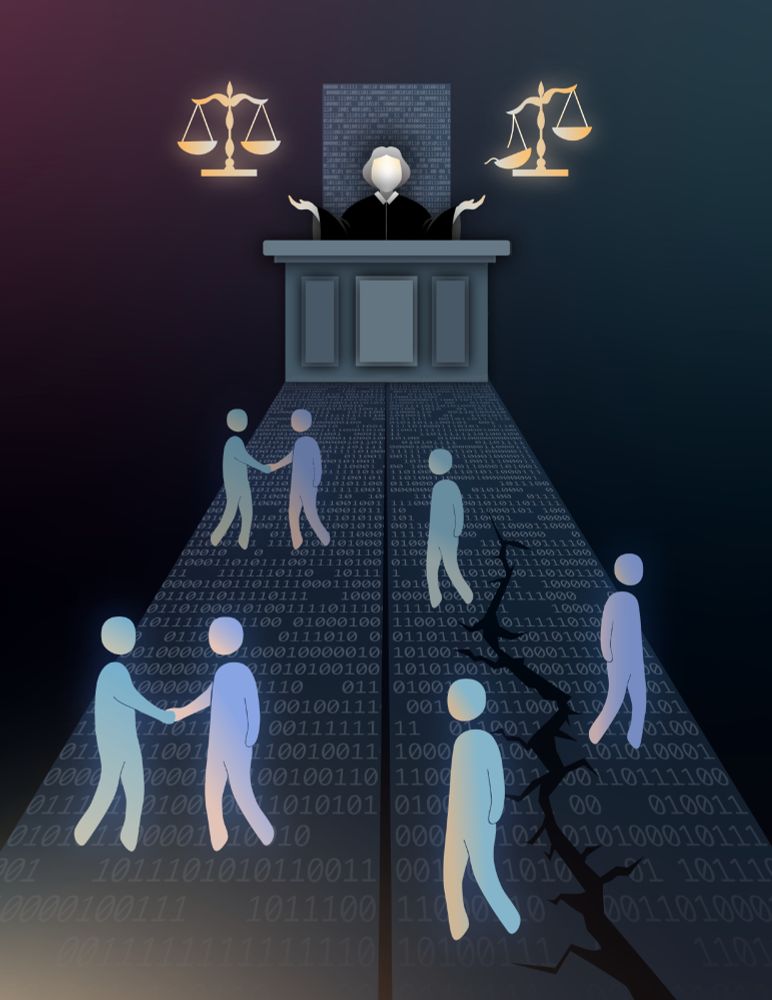
Saxelab.mit.edu
@guggfellows.bsky.social
Patrick J McGovern Foundation
McGovern Institute at MIT
and so many friends and colleagues.
Fin.
@guggfellows.bsky.social
Patrick J McGovern Foundation
McGovern Institute at MIT
and so many friends and colleagues.
Fin.
16/17
16/17
15/17
15/17
The synthesis, per se.
Putting the pieces together.
14/17
The synthesis, per se.
Putting the pieces together.
14/17
13/17
13/17
e.g. the controversy about when people punish out-groups more severely than in-groups.
12/17
e.g. the controversy about when people punish out-groups more severely than in-groups.
12/17
e.g. third party punishment in common goods games.
11/17
e.g. third party punishment in common goods games.
11/17
E.g. vignettes about parents, institutions, or justice systems in the role of punisher.
10/17
E.g. vignettes about parents, institutions, or justice systems in the role of punisher.
10/17
People learn from punishment, whichever feature of the situation they don’t already know.
9/17
People learn from punishment, whichever feature of the situation they don’t already know.
9/17
saxelab.mit.edu/wp-content/u...
8/17
saxelab.mit.edu/wp-content/u...
8/17
7/17
7/17
For years, I found reading about punishment soooo confusing.
6/17
For years, I found reading about punishment soooo confusing.
6/17
This happens to parents (ugh) and governments.
5/17
This happens to parents (ugh) and governments.
5/17
Great e.g. is Lily Tsai’s work: how single-party governments punish officials for alleged corruption.
4/17
Great e.g. is Lily Tsai’s work: how single-party governments punish officials for alleged corruption.
4/17
For example, think of how parents punish their children.
3/17
For example, think of how parents punish their children.
3/17
This work entangles one piece of the puzzle.
2/17
This work entangles one piece of the puzzle.
2/17


